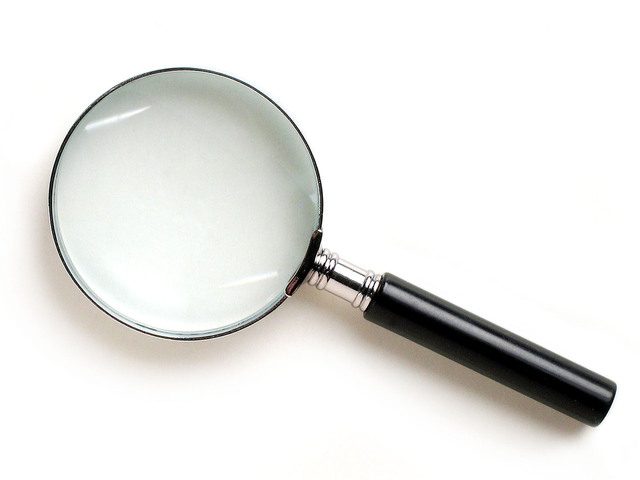Time spent with someone we enjoy flashes by. The time it takes to drill a tooth is an eternity. While time has a quantitative, external, and linear aspect to it – the seconds, minutes, hours on the clock that methodically march forward – it’s our internal relationship to what we’re experiencing that determines the quality and our sense of capacity. And there’s a persistent cultural narrative that there’s not enough of either. In fact, not having time is considered the new status symbol. If you’re not busy, you must not be in demand.
This demand, however, is often driven externally and we feel we have little to no control over it. In adopting this perspective, we surrender our choice and agency. While there is no doubt that modern life is busy and the distractions and pushes and pulls are significant, for those who add kids, it’s as if all bets are off. In exploring this with several clients, some questions emerged – what choice do we have about the nature of our busyness and our relationship to it? Is our busyness more amenable to change than the prevailing cultural narrative conveys? If we fully stepped into choice about our time, how would our lives change? Which theme below calls you?
People Pleasing
When we ‘people please,’ we say ‘yes’ to someone else’s desire with the false sense that we’re preserving our relationship. How many hours are you doing something to people please? What volunteer activities did you feel you couldn’t decline? Are you meeting with colleagues to only be supportive or to be a good work buddy? When we say ‘yes’ to too many things, we end up saying ‘no’ by default. If I spend two hours per week in meetings that are not the core part of my job because I feel I need to be ‘supportive’ and then I miss an evening at home with my family, is that the choice that I want to make? Maybe. There is no right answer. Only that we reclaim control by being intentional with our commitments – our ‘yeses’. Once a clear, intentional ‘yes’, ‘nos’ flow more easily.
People pleasing has many roots, and fear of damaging relationships is only one. A strategy to try is asking what saying ‘no’ will allow you to do, be, experience instead. What’s your ‘yes’? This shifts the focus away from the other person and back to you – which gets lost in people pleasing. There will be times when you decide to do something for someone else. When you can claim the choice, it changes how you experience the time you do share.
Boredom and Avoidance
A client I’ll call Rick had agreed to all sorts of additional work – and was hearing from his boss that he was not fulfilling his core job duties. When we looked at the responsibilities in each category, he was interested in the extra work but not his core job. He had recently changed jobs and was feeling like he made a mistake, so he had not fully committed.
Distractions come in all forms. And our uber-connected world is delighted to provide all the distractions we can ingest. Look no further than your phone. We don’t need to take on extra responsibility at work to feed our need for distraction.
Rather than focusing on the distraction, ask why you feel the need for distraction. When you turn to a distraction, what is going on for you in that moment? I’ve started asking myself that each time I open LinkedIn – and it’s often not because I’m interested in networking. It’s avoidance of a task I don’t want to do or don’t know how to do. Sitting with my discomfort has increased my awareness and focus and shifted my relationship to the task I’m putting off. What’s your pattern? Where are you bored? What are you avoiding?
Crisis Mode
Crisis mode is pervasive in some organizations. There are too many fires to extinguish, deliverables on tight timelines, and all with client impact. And in an industry where the client reigns, my coaching client Amanda feels like her only choice is 24/7 crisis mode — which is not conducive to effective management and long-term organizational health. To manage the constant fires, she puts off long-term planning, team development and developing organizational processes to curb the constant crisis. At the director level, her priority needs to be long-term strategic work.
Our first task was to shift from the limiting belief that there is ‘no time’ to ‘some time can be created.’ We identified changes that are most likely to yield results, broke them into manageable pieces and put time on her calendar for them. Given the industry and client relationships, the shift out of crisis mode will take time. But she had to first accept the possibility and reclaim the parts of her calendar she could control. Her all or nothing belief allowed her days to be driven externally, eliminating any sense of control.
Mental Distractions
Forget about all the external tugs on our time and attention. Sometimes it’s what’s inside that takes us down. Say hello to mental distractions. As I write this, work emails race through my head, the grocery list pops up, along with the nagging feeling that the kennel won’t take our dog during our vacation because I haven’t made the reservation. During the first moment of almost-stillness, it all comes to the surface in one great wave crowding out the immediate task.
To calm your mental distractions, try practicing brief periods of mini-mindfulness.Throughout your day, take time to breath and experience the physical sensation of what you’re doing. Notice the water running over your hands and the scent of the soap. Feel your feet on the floor and your legs moving as you walk to the meeting. Notice your breath. Distraction is a habit, but so is focus.
Although our world feeds on our time and attention, I believe that we can have more control than we believe. None of these practices add time to your day. But they can help you reclaim choice – which is power. And it’s the power over your relationship to what you’re doing and why that brings internal peace. Which, in my experience, slows down how I experience this current moment giving me more sense of capacity. And so less flies by outside of my consciousness and control.
What resonates with you? Is there a place in your life that you’ve allowed to be driven externally by demands that don’t serve you? What can you do to reclaim that? How would life be better if you did?
by Amy Rebecca Gay, Ph.D.



